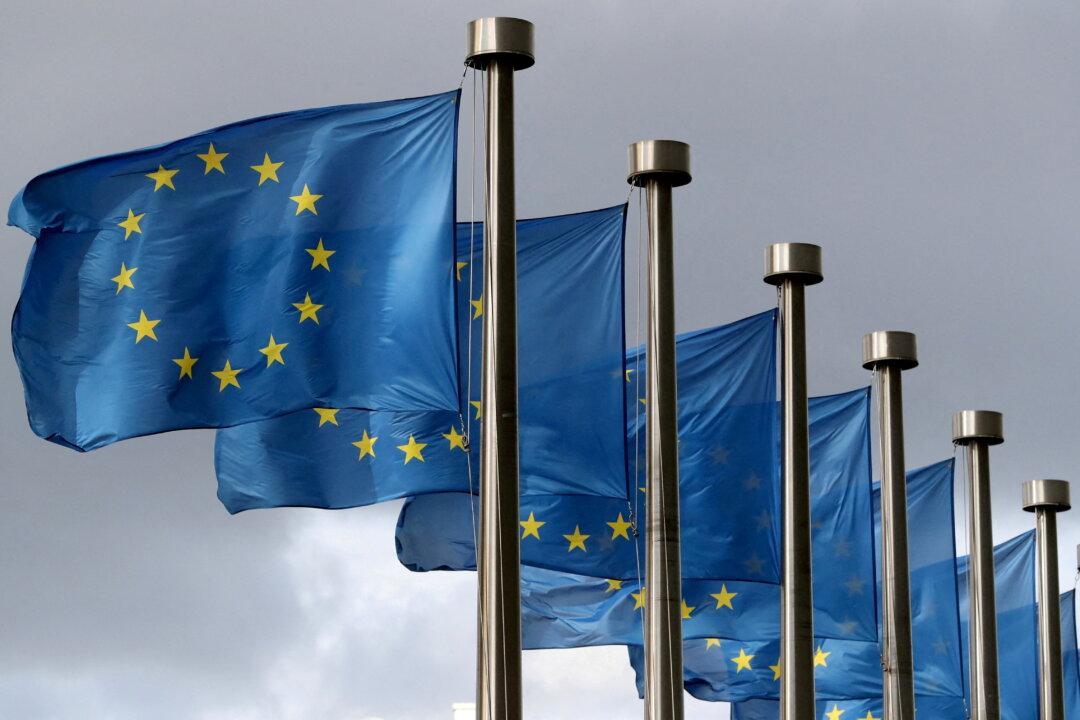BRUSSELS—The European Commission proposed on Wednesday three new EU-wide taxes to help to repay the joint government borrowing in the 27-nation bloc for their 800 billion euro ($904 billion) COVID-19 recovery fund.
The first measure will introduce a levy on CO2 emitted by fuels for buildings and cars under a new carbon market, while using the EU’s existing carbon trading system to impose CO2 costs on ships and increase existing payments from airlines.





